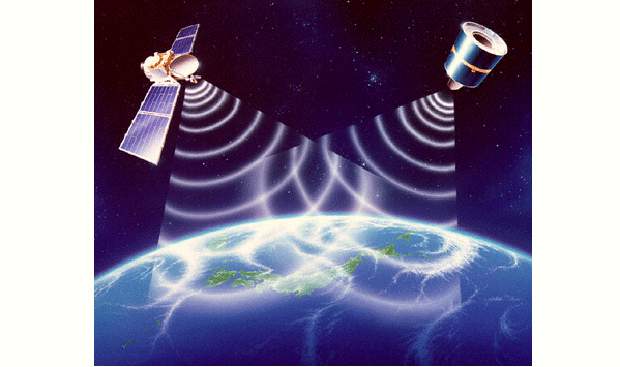The International Telecommunications Union (ITU), a United Nations agency which formulates standards for the information technology industry, has officially notified two new mobile communication technologies as the successor of LTE (4G) and WiMax.
Termed by some analysts as 5G (5th generation services), the new mobile technologies are said to be 500 times faster than the 3G, which is yet to fully rolled out in India!
ITU has determined that the new technologies – LTE-Advanced and WirelessMAN-Advanced – should be accorded the official designation of IMT-Advanced (International Mobile Telecommunications Advanced).
The term IMT-Advanced has been coined by ITU to identify mobile systems whose capabilities go beyond a certain standard. It is used to identify and brand next generation mobile devices and technologies.
François Rancy, director of ITU’s radio communication bureau, said, “IMT-Advanced would be like putting a fiber optic Broadband connection on your mobile phone, making your phone at least 500 times faster than today’s 3G smart phones.
He added: “But it’s not only about speed; it’s about efficiency. IMT-Advanced will use radio-frequency spectrum much more efficiently making higher data transfers possible on lesser bandwidth. This will enable mobile networks to face the dramatic increase in data traffic that is expected in the coming years”
Hence, with this technology, more number of consumers can be served using the same spectrum there by reducing the cost of service despite having much faster connection.
ITU Secretary-General Hamadoun Touré said “IMT-Advanced marks a huge leap forward in state-of-the-art technologies, which will make the present day smartphone feel like an old dial up Internet connection. Access to the Internet, streaming videos and data transfers anytime, anywhere will be better than most desktop connections today.”
However, it will take few years before consumers can enjoy this technology. However, since the network upgrades from the current LTE or WiMax deployments can happen through software upgrades with little or no hardware change, it may take less time.
This new standard will be a boon for countries like India where wireline networks are not widespread and also since there is a crunch of wireless spectrum. With more efficient utilisation of spectrum, this technology will pave the way for better and cheaper network to be available to all.


